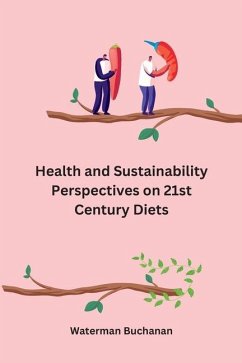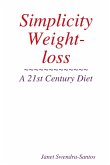HEALTHY AND SUSTAINABLE DIETS: AN INDIVIDUAL PERSPECTIVE Cardiovascular disease (CVD) is a leading cause of illness and death worldwide (1). The number of CVD cases has nearly doubled from 271 million to 523 million between 1990 and 2019, with deaths rising from 12.1 million to 18.6 million (2). Consequently, CVD poses a significant public health challenge, burdening individuals and societies both in terms of health and economics (3). Despite global efforts to address CVD, targets set by the World Health Organization, such as a 25% reduction in non-communicable disease mortality, including CVD, by 2025, are unlikely to be achieved (4, 5). Therefore, reducing the burden of CVD remains a major public health concern (6). CVD exhibits a socioeconomic gradient, with more disadvantaged individuals experiencing a higher burden compared to the affluent (7, 8). Socioeconomic position (SEP) contributes to these disparities through a complex interplay of factors at the psychosocial level (e.g., stress, health literacy), behavioral level (e.g., unhealthy diets), and environmental level (e.g., access to healthy food). Diet, in particular, is a major modifiable behavioral risk factor for CVD, accounting for 49% of CVD deaths and 48-67% of socioeconomic inequalities in CVD occurrence (9, 10). Meta-analyses of randomized controlled trials (RCTs) demonstrate that adherence to healthy dietary patterns, such as the Dietary Approaches to Stop Hypertension (DASH) diet and Mediterranean diet, positively influence key CVD risk factors like blood pressure and weight status compared to control diets (11-13). The PREDIMED study, a large-scale RCT examining the effects of a dietician-supervised Mediterranean diet on CVD incidence in a high-risk population over nearly 5 years, revealed significantly lower CVD risk in the intervention groups compared to the control group (14). However, despite the potential for preventing CVD through dietary modifications, adherence to dietary recommendations remains low (15), particularly among populations with low SEP (16, 17). While extensive research focuses on the role of diet in coronary heart disease and stroke, less attention has been given to heart failure (18). Heart failure, a chronic condition characterized by the heart's inability to pump adequate blood, primarily affects older individuals and is associated with poor prognosis (19, 20), limited treatment options (21), and a significant impact on quality of life (22). Therefore, primary prevention of heart failure appears as an appealing strategy, especially considering the aging population and the projected increase in heart failure incidence (23). Further investigation into the role of diet in the onset of heart failure is crucial. Simultaneously, there is a growing recognition that population diets should not only be healthy but also sustainable (24). Current food production practices have a detrimental impact on the environment, consuming over 43% of habitable land, contributing to two-thirds of freshwater withdrawals, 26% of global greenhouse gas emissions, 32% of global terrestrial acidification, and 78% of eutrophication (25, 26). In response, the EAT-Lancet Commission on Healthy Diets From Sustainable Food Systems proposed the Healthy Reference Diet, which integrates health and sustainability considerations into universal dietary recommendations (24). However, empirical research investigating the effects of the Healthy Reference Diet on cardiovascular health, mortality, and sustainability indicators using population-based data is limited.







